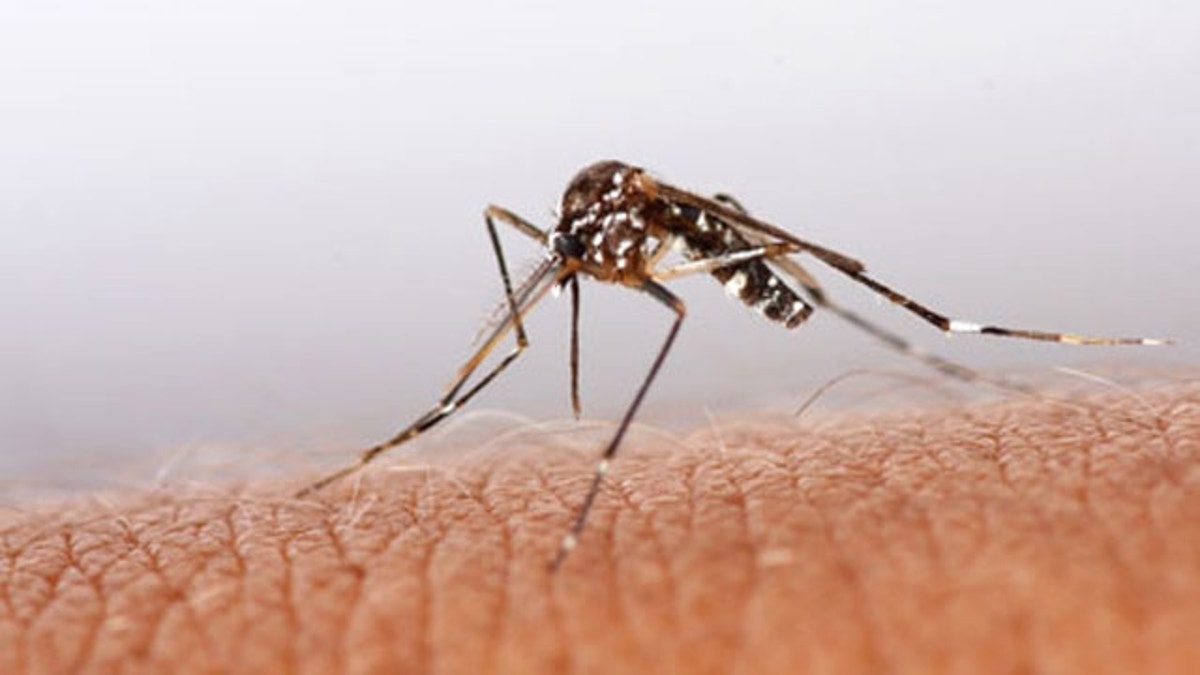
Text message reminders to take malaria medication may help fight the disease, found a new study published in PLOS ONE.
Malaria kills over 600,000 people each year— more than half of them children. One challenge is that the disease has evolved to be resistant to many drugs that formerly worked.
"When patients don't complete their full medication regimen, diseases can develop resistance to treatment. And with infectious diseases like malaria, drug resistant diseases can spread to others," said study co-author Julia Raifman, of the Harvard School of Public Health. "Even in the United States, studies show that about half of people don't adhere to their medications— it's easy to forget, or to think you've beaten the disease because you feel better.”
Only one class of drugs, artemisinin-based combination therapies (ACTs) is still effective and available. However, researchers say they’ve already begun to see resistance to it in Southeast Asia. Were the resistance to become widespread— leaving no effective treatment for the most deadly form of malaria— it would be catastrophic, Raifman said.
IPA’s research staff in Guinea recruited more than 1,100 people outside pharmacies and health care facilities who then used their phones to enroll in an automated system. Half of the group was randomly assigned to receive text message reminders to take their medication at prescribed 12-hour intervals. Several days later, IPA staff followed up with participants to see how many pills had been taken. Those who received texts were significantly more likely to finish the full regimen, compared to those who did not.
Researchers also studied whether the length of messages made a difference and found that shorter messages had a significant impact, while longer ones did not.
"SMS reminders are a 'nudge,' not a 'shove,'" said Aaron Dibner-Dunlap, an IPA researcher who studies text message reminders. "They can help people follow through on something they originally intended to do, but human nature is tricky and the science is still young. We're optimistic because the technology has become so widespread and inexpensive to administer, that for programs like this one that work, there's huge potential for helping people at very low cost."
Symptoms of malaria can vary from absent or very mild symptoms— including fever, chills and nausea— to severe disease and even death, according to the Centers for Disease Control and Prevention (CDC).







































